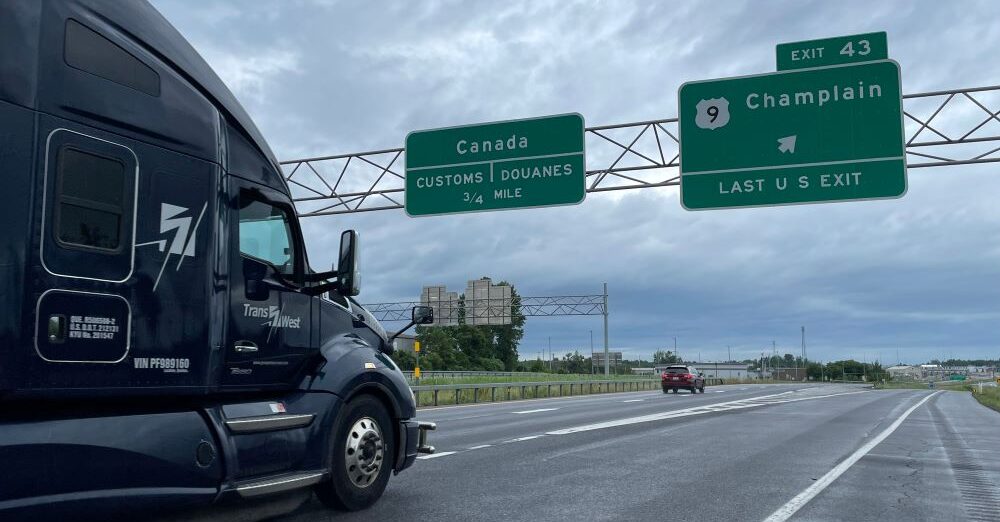A growing number of American physicians are seeking to relocate north of the border, driven in part by mounting concerns over Trump administration policies. Canadian licensing bodies and physician recruiters report record interest from U.S.-trained doctors hoping to practice in Canada, a nation long seen as a haven for those disillusioned with aspects of the American healthcare system.
According to the Medical Council of Canada, the number of American doctors creating accounts on physiciansapply.ca — in most cases, the first step to obtaining Canadian licensure — has soared by over 750% in the past seven months compared to the same period last year, rising from just 71 applicants to 615, reports KFF Health News and NPR.
Related Article: The U.S. Will Soon Have a Hospital Bed Shortage, Study Finds
CanAm Physician Recruiting, a firm specializing in cross-border placements, reported a 65% jump in US doctors exploring Canadian job opportunities between January and April. The company now fields up to 15 inquiries each day from American medical professionals considering a move.
Dr. Lisa Thomson, who recently completed the licensing process, said her primary concern with staying in the U.S. is America’s current political climate, which has created considerable uncertainty. She is also being drawn to Canada for its commitment to universal healthcare and a stable environment
Canadian Provincial Licensing Bodies Confirm Relocation Trend Among U.S. Doctors
Canada’s provincial medical licensing authorities are also seeing a notable influx of U.S.-trained doctors:
- Ontario: The College of Physicians and Surgeons of Ontario reported 116 U.S.-trained physicians registered in the first quarter of 2025, representing at least a 50% increase from the two quarters prior. The province also received license applications from around 260 US-trained doctors in the same period.
- British Columbia: The College of Physicians and Surgeons of British Columbia noted a surge in license applications from U.S.-trained doctors following the latest U.S. election. The number of American doctors licensed in the most recent fiscal year tripled compared to the previous year.
- Quebec: Officials in Quebec confirmed an upward trend both in applications from U.S. doctors and the return of Canadian-trained doctors who had been practicing stateside.
Historically, differences in medical education and training made it challenging for American physicians to practice in Canada. However, several provinces have recently loosened some licensing requirements and now expedite applications from U.S.-trained doctors in an effort to address local physician shortages.
This streamlining means qualified candidates can move through the system more rapidly, increasing Canada’s appeal as a destination for medical professionals.
Trump Administration Declines Comment
Officials from the Trump White House did not provide a substantive response when asked by KFF Health News and NPR about the surge in American physician migration. Kush Desai, a spokesperson, questioned the accuracy of data on doctors’ “citizenship status” but did not offer further comment.
While Canada’s universal, publicly funded healthcare has always attracted some interest from U.S. physicians, the current wave dwarfs previous years. Licensing organizations point not only to the political climate but also to professional dissatisfaction with the American healthcare model as motivating factors for the move.
With interest at a historic high and more American doctors gaining approval to practice, Canada’s healthcare system may soon benefit from a fresh wave of experienced talent seeking new beginnings.
Doctors aren’t he only Americans heading north of the boarder. The number of U.S. students applying to Canadian universities has surged since President Donald Trump took office in January. His administration’s anti-immigration and education-undermining agenda have also prompted many U.S.-based innovators and scientists to go to Canada, Europe and China. Of the 690 postgraduate researchers surveyed by the publication Nature, 548 said they were considering leaving the U.S. The current brain drain could further hamper the availability of healthcare in the U.S., as well as stifle technology development and other innovations that drive the U.S. economy.

